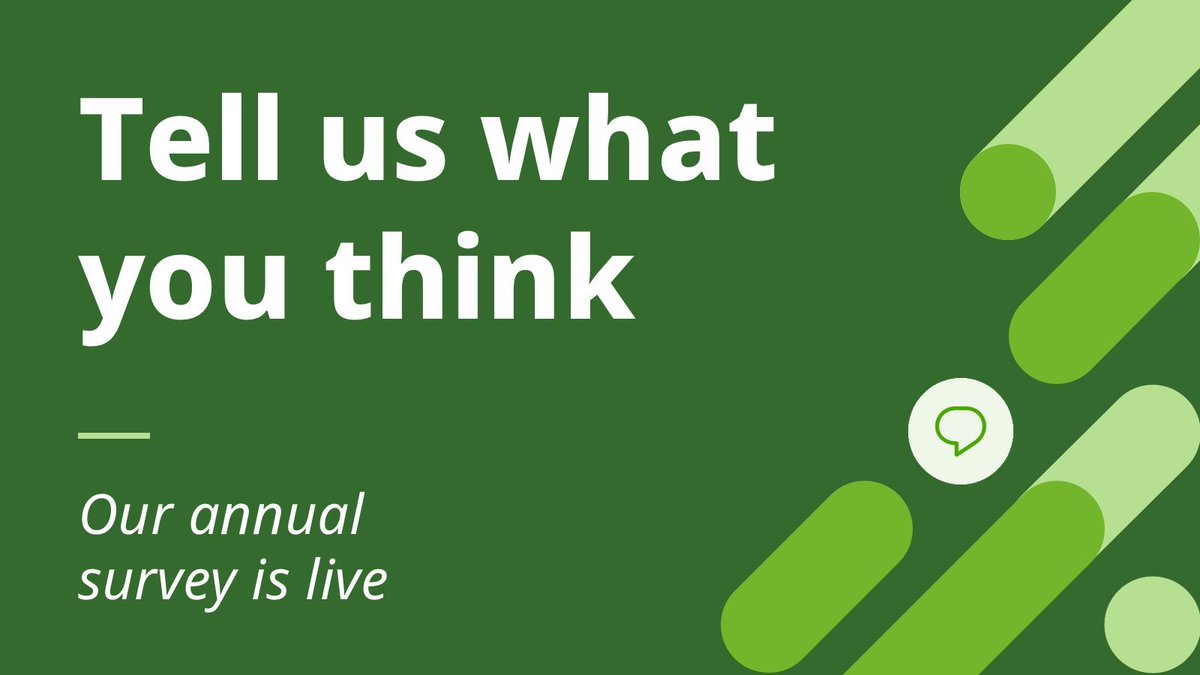
eLife Community
@eLifeCommunity
Followers
9K
Following
3K
Media
1K
Statuses
7K
@eLife works with researchers across the globe to promote openness, integrity, equity, diversity and inclusion in research culture. @eLifeCommunity.bsky.social
Global
Joined September 2014
📢 Early-career researchers: you make up a majority of the scientific workforce! How can you leverage that to advocate for change?. 1/ 🧵 Here are 6 tips for success 👇.#ECRChat #PhDLife #AcademicChatter. Watch the webinar for more:.🔗
1
1
6
RT @PracheeAC: Open science can sometimes been seen as a risk but IME there are definitely people out there doing research more openly to a….
0
8
0
The most fun image & video creation tool in the world is here. Try it for free in the Grok App.
0
216
1K
“Journals and peer review are unlikely to change for the better if the companies that operate scientific indexes and citation databases continue to stifle innovation.”. Read our guest post in DORA:
sfdora.org
Journals and peer review are unlikely to change for the better if the companies that operate scientific indexes and citation databases continue to stifle innovation. At eLife we believe that the...
1
3
6
Before founding the Public Knowledge Project, John Willinsky taught kids poetry and Bob Dylan songs. In the Voices podcast, he traces his journey from classroom to global open-access infrastructure, and why making research a public good still drives him.
0
0
0
Is open science enough without a sense of community?. Educator, activist and musician John Willinsky shares why integrity, collaboration, and dancing at conferences are just as important as innovation in research publishing. Listen to the Voices podcast.
0
2
4
9/ We have plenty more tips and resources in our Learning Resources collection below, all free and easy to access. And don’t forget to head to the full webinar report for more tips and details:
elifesciences.org
A collections of articles that provide practical resources and guidance for researchers and academics
0
0
0
8/ 🎲 Take the leap. Don’t doubt your ability to make a difference. Advocacy can strengthen your career and your science while contributing to a better research environment.
1
0
0
7/ 📢 Get loud!. To have an impact, you need to spread your message widely and make sure it is heard by the people who have the power to make the changes you want. Find allies who can help you, e.g. librarians are often valuable sources of knowledge and support for open science.
1
0
0
6/ 🧑🔬 Do the research. Collecting data to support your points, e.g. through surveys or literature, gives you evidence that makes it harder for your stance to be ignored. Try to find out how the committees, boards or governments that you’re trying to influence work.
1
0
0
5/ ❓ Use the “two whys” to start the conversation. Why do you advocate for the issue? And why should others get involved in your project? In Osman Aldirdiri’s words, “You need to think about the ‘why’ that will connect you and your peers”.
1
0
0
4/ 💬 Talk to your fellow lab members. Remember, the factors you’re passionate about are important to how we practice science; there should be a space to talk about them too. You may also find some more allies for your initiative!.
1
0
0
3/ 🤝 Join existing groups or start your own. Ask around your campus, contact your union, or search through the OpenCon Community for what’s happening already or create a collaborative, inclusive environment to attract others.
1
0
0
2/ We’re revisiting a webinar on ‘Organising and ‘Advocating’. As a group, early-career researchers have enormous power to improve how science is performed. Getting started in advocacy can seem daunting, but it is ultimately rewarding.
1
0
0
Are you a researcher passionate about #OpenScience?. We comply with all major funding agency requirements for #OpenAccess, believing in the importance of the rapid and open sharing of research. Learn more about our policies: . #policies
0
0
1
Get to the heart of what research the research really means. eLife Insight Articles explain why the results of original research papers in eLife are significant and how they might change their field. Explore them here:
0
0
3
We're trying to find new ways of getting important, original research into scientists’ hands as quickly as possible. Take a look at the other formats you can publish in, from Tools and Resources to Short Reports:
0
2
1
Find yourself jumping between two PDFs when reading a paper? With our "side by side" view you can see the figures and contents next to the text in your browser. Try it here:
0
0
1
eLife Feature Articles allow authors to discuss research culture, science policy and funding, careers in science and more. Articles published in this section also report original findings in meta-research.
0
0
1
🚨 Our 11th annual survey closes today! 🚨. Take 10 minutes to tell us what you think about us and the work we’re doing to change research culture and communication:
0
1
0
Want to try your hand at science communication but don’t know where to start?. We’ve put together seven tried and tested tips for communicating preprinted research with suggestions and resources that can help you on social media and beyond!.#SciComm.
elifesciences.org
Gain insights into tried-and-tested actions for communicating preprinted research effectively and responsibly on social media.
0
0
2











